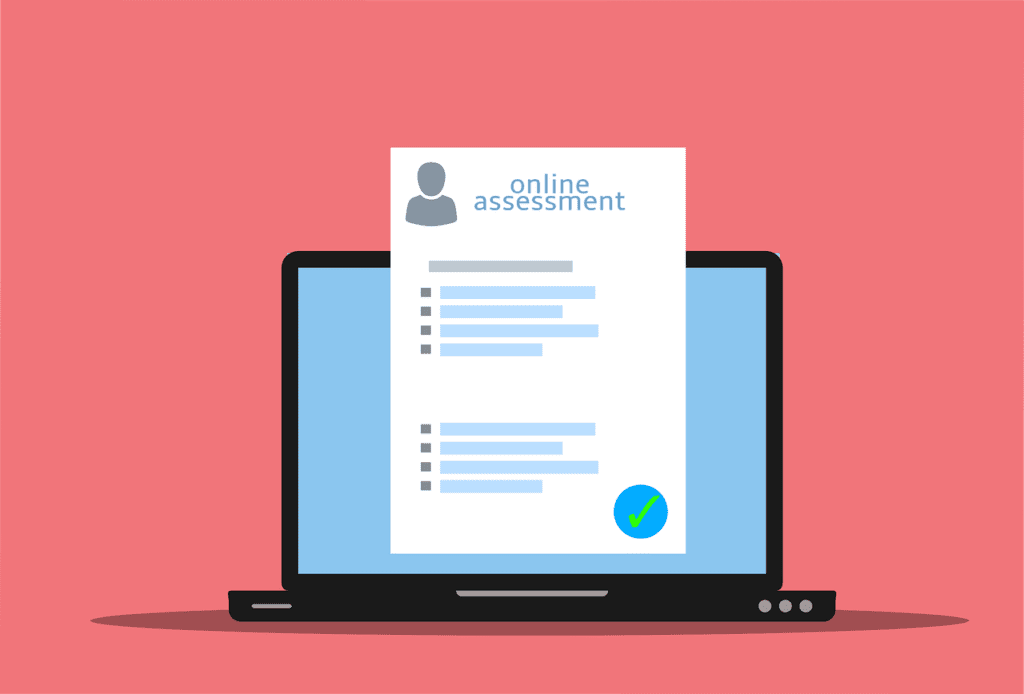Being a financial advisor, it’s certain that you’ve taken your fair share of tests and exams to get yourself certified. It’s the work you have to do before you can get to work. The Series 65 exam is no different.
But what is the Series 65 exam? What’s in it? What does it entail? How do I pass, and what do I win when I pass? Well, financial advisors, read on and discover all the secrets of Series 65!
What is the Series 65 Exam?
Formally known as the Uniform Investment Adviser Law Examination, the Series 65 exam covers laws, regulations, ethics, and various topics important to the role of a financial adviser. On passing this exam, a candidate is officially qualified to act as an investment adviser representative, or IAR, in their home state. (Note the spelling: you can only call yourself an adviser with a Series 65 license.)
Unless you don’t charge a fee nor provide advice on securities, you’ll likely want to have a Series 65 license under your belt. Many financial firms require registered representatives to provide investment advice, and most state securities regulators have set the Series 65 as the minimum requirement to become an investment advisor representative.
What to Expect Before Taking the Series 65 Exam

According to the North American Securities Administrators Association — or NASAA — the Series 65 exam covers the following topics:
- Client Investment Recommendations and Strategies, comprising individuals; business entities and trusts; client profiles; capital market theory; portfolio management styles, strategies, and techniques; tax considerations; retirement planning; ERISA issues; special types of accounts; trading securities; exchanges and markets; and performance measurement;
- Economics and Business Information, comprising monetary and fiscal policy, economic indicators, financial reporting, quantitative methods, and basic risk concepts;
- Investment Vehicle Characteristics, comprising cash and cash equivalents, fixed income securities, methods of fixed income valuation, equities and methods used in equity valuation, pooled investments, derivative securities, and insurance-based products;
- Laws, Regulations, and Guidelines, comprising state and federal securities acts, rules and regulations for investment advisers, investment adviser representatives, broker-dealers, and agents, ethical practices, and fiduciary obligations, including communications with clients, compensation, client funds, and conflicts of interest.
The exam is comprised of 130 questions, plus 10 pretest questions. It is done electronically, and the score is presented right after the exam with a breakdown of the scoring in each section. The exam lasts 180 minutes.
A 70% or greater is considered a passing grade, which means answering at least 92 of the 130 questions correctly. While there are no official statistics, PassPerfect estimates that between 65 and 70 percent of those taking the test pass. If you fail the exam the first time, no worries! There’s no limit to how many times you can take the exam before passing (though you must wait 30 days between exams), and once you pass, the certification never expires as long as you continue to work in financial services. The fee for the Series 65 exam is $187; you will have to pay the fee for every time you take it.
How to Study for the Series 65 Exam

Some of you may have studied for one test or another in the recent past. Others may not have needed to take a test since you graduated college. Nonetheless, to pass this exam and get your Series 65 license, you’ll need to buckle down and hit the books.
Study Methods
Even if you haven’t held a proper study session in a while, it’s easy to pick these habits back up:
- Study in an isolated, quiet environment. Information retention is highest when your environment supports it. Avoid loud, harshly lit, overstimulating environments and seek out calm, relaxed spaces in which you can concentrate. Play ambient music at a low volume in the background; if there’s too much going on in a song, you can lose focus and stray from your study material.
- Develop a system. Whether it’s flash cards or a particular notebook, experiment a bit and discover which system works best for you. Have a friend or partner quiz you periodically on the material. Buy a notebook with a unique cover so you associate it specifically with the Series 65 material. Whatever works best for your study style is the best method to learn!
- Stick to a schedule. The hardest thing is to start a new habit. The second hardest is to maintain it. However, making a concrete schedule is a great way to lock in patterns and turn them into habits. Determine a time for studying and hew to that schedule. Don’t haphazardly start and stop. When it comes time to study, you’ll snap into that mindset much easier than if you don’t have a schedule.
- Designate a space and maintain it. Like a calm, relaxed environment, studying is easier when you have a dedicated space for it. When it’s time to study, retreat to your office or other space in which you feel focused. Once you’ve found that space, only study there: your brain will associate that space with the act of studying. Some also find they need to get out of the house to get work done — reserve a study room at your local library for a guaranteed quiet room, or head to a local cafe if you still need the public feeling.
Study Guides
Several study guides exist for financial advisors looking to take the Series 65 exam for the first time. These are particularly valuable for a financial advisor since they come from sources closely affiliated with the financial services industry. If you want to compare different types of study guides, Investopedia has compiled a list of their favorite prep courses, outlining the strengths of each and which are right for your particular situation. Check the details for each and determine which works for you.
For further study tips as well as the differences between Series license exams, check out Impact’s blog post about licensing exams!
Next Steps
Now that you have all the facts, you’re ready for the real deal. Register for an exam through the FINRA website. Make sure you write down the date and time; no need to make the nightmare of showing up late for your high school calculus exam a reality. Arrive punctually, prepared and focused. Be confident in your knowledge of the material. Most of all — good luck!
3013727-0723

